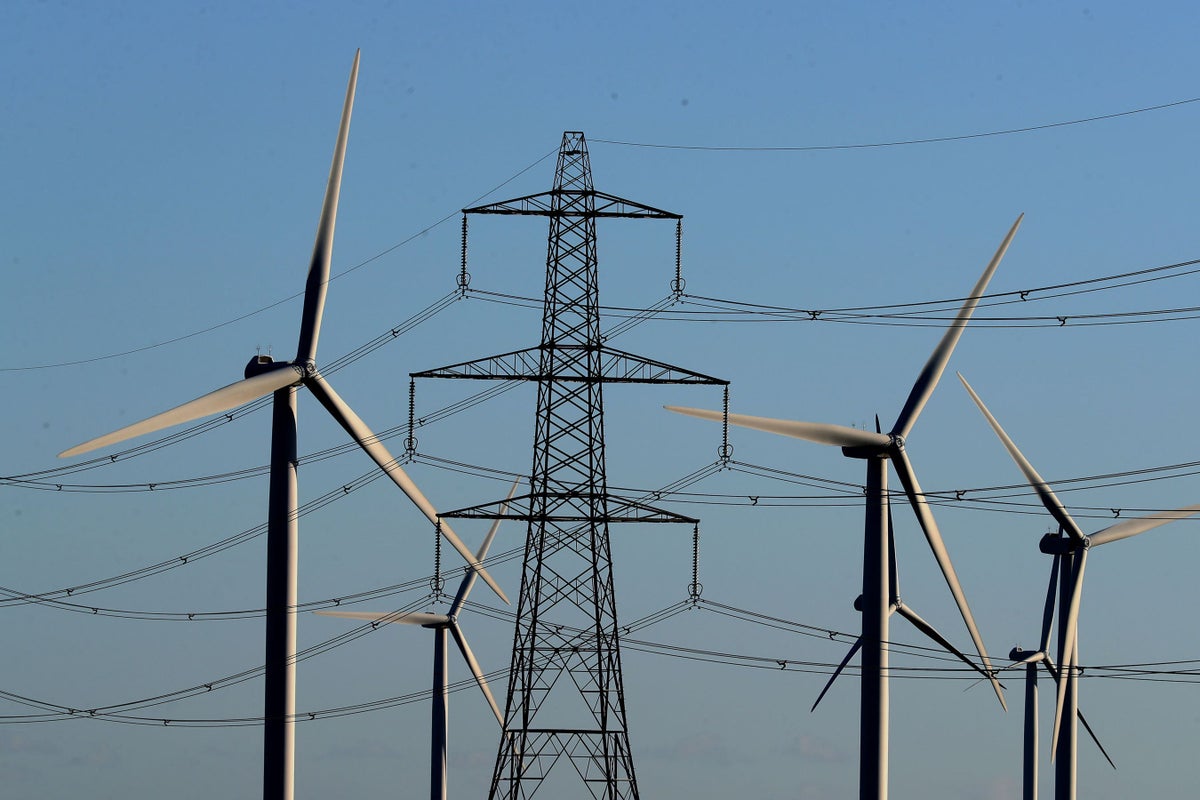Households could be saving £200 a year with ‘fairer’ energy pricing, experts say, as they call for the Ofgem price cap to be phased out.
A flexible system of energy pricing would reduce the price of electricity by 4p/kWh over the next 15 years, a new report from The Resolution Foundation finds.
A key measure under this system would include ‘locational pricing’, where households pay for energy according to costs in their area. This could reduce system costs by £3.7 billion a year, the report says, equivalent to £40 per household.
The most savings could be made from introducing more time-of-use tariffs, where households can pay cheaper energy rates depending on the time of day it is used. This would save an average of £160 per household by 2040 according to the report.
This measure would particularly benefit electric vehicle (EV) owners, researchers say, with an average £120 saving a year to be had compared to the price cap. This is because most EV owners will charge their vehicles overnight, when electricity would be cheaper.
EVs are rising in popularity in the UK, accounting for 19 per cent of all car sales in 2024. This is expected to increase quickly in the coming years as a ban on the sale of new petrol and diesel cars comes into force in 2030.
This demand is so great that EVs, alongside electric heating, are set to be the main drivers behind a 40 per cent increase in residential electricity use by 2035.
But this flexible electricity model could also come with higher price risks for households, as they would be more directly subject to volatility in the electricity market.
A report for Octopus Energy by FTI in February investigated how locational – or zonal – pricing could impact household energy costs across the country.
Their analysis found that average zonal wholesale prices in the north are lower than in the south, with those in London facing bills nearly seven times higher than those in Scotland if bills were mapped directly to zone-based wholesale costs.
Zachary Leather, Economist at the Resolution Foundation, said: “Britain’s net zero transition – in terms of both energy production and energy consumption – should be a cost of living win for consumers, but it will put more pressure on the electricity grid and could create more price volatility.
“Switching to flexible pricing for consumers could address these risks and reduce bills for everyone in the process.”
Ofgem have been contacted for comment.

